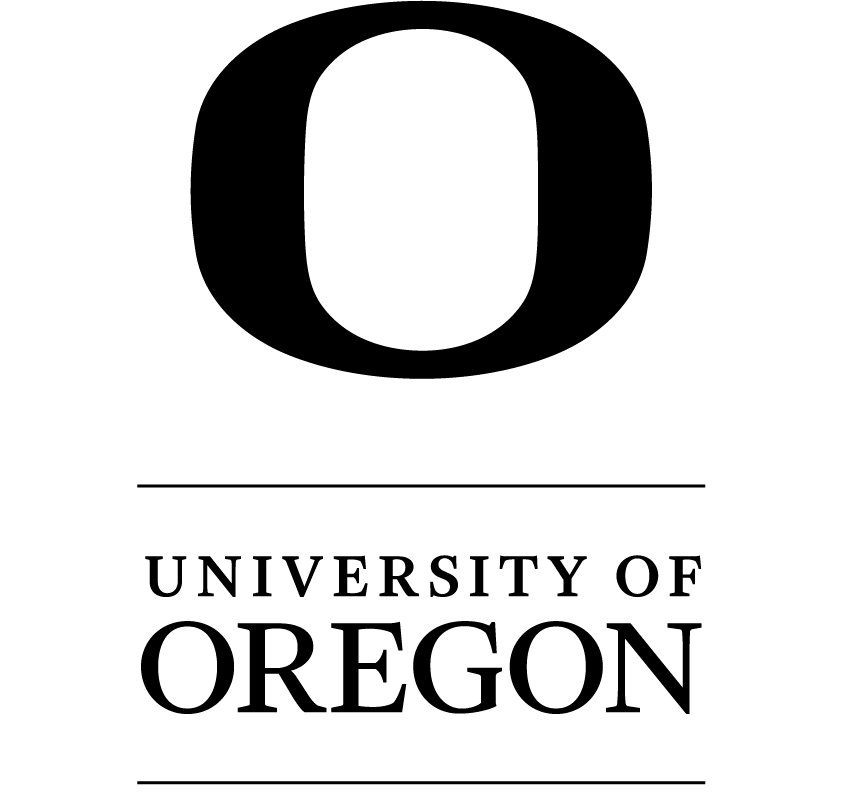We write to invite you to compelling events coming up in the weeks ahead, including trauma-informed teaching and teaching the UO Common Reading, Braiding Sweetgrass: Indigenous Wisdom, Scientific Knowledge, and the Teachings of Plants by Robin Wall Kimmerer. Some faculty have reported concerns regarding student absences. We remind you that Counseling Services, and its Let’s (Tele)Talk program and weekly wellness workshops, and the Tutoring and Academic Engagement Center, with its new peer academic coaching program and Academic Success Hub, are here for your students. We also offer ready-made activities to bolster students’ goal setting, planning, and study skills. Please reach out if you’d like to talk through any issues your class is facing and discuss resources and helpful approaches.
Invitations
Teaching amidst Crisis: Foundations of Trauma-informed Pedagogy with Professor Anita Chari Tuesday, November 16, noon-1 p.m. Hosted on Zoom. Register here.
This workshop introduces participants to the foundational practices of embodied, trauma-informed pedagogies. The workshop will support you to create connections and embodied presence in the classroom in a period of multiple and ongoing national crises. The pandemic has exacerbated profound social inequalities and injustices, and the result is an increase in anxiety, stress, and burnout among students, faculty, and staff as we return to in-class instruction. This workshop will address trauma and overwhelm with practices that you can begin to use in your classroom and in your life immediately.
Embodied Practices for Inclusive and Anti-Oppressive Teaching Register with Professor Anita Chari Wednesday, November 17, 3:30-5 p.m. Hosted on Zoom. Register here.
This workshop will support attendees to participate in equity and inclusion work based on trauma-informed pedagogies, embodied nervous system practices, and paradigms of embodied social justice. Racism and colonization are not limited to individual attitudes, biases and prejudices. They are structurally anchored in the forms of denial, disembodiment, and historical erasure that permeate most institutions–educational, socio-political, and economic. Our bodies are a crucial site for working with this disease of forgetting what we see in our society, because the body is where we hold racialized trauma, both individually and collectively. Embodied practices are key to cultivating anti-racist and anti-oppressive environments and will support participants to work with dynamics of historical and contemporary intersectional oppression at a personal and professional level. This workshop empowers participants with a trauma-informed approach to equity and inclusion as it applies to decolonizing the classroom space in your work as an educator and scholar.
UO Common Reading Program: Teaching with Braiding Sweetgrass Thursday, November 4 1-2:30 p.m. Hosted on Zoom Register here. Potawatomi botanist Robin Wall Kimmerer’s Braiding Sweetgrass, the 2021-2022 UO Common Reading selection, offers touchstones for teaching across the disciplines. In this workshop, the team that developed the new UO Teaching Guide to accompany this remarkable text will introduce highlights from the guide and discuss ways to foster heart-centered, radical teaching and learning about a work that is at once scientific treatise, personal memoir, and love letter to the natural world. Learn more about this year’s Common Reading program, including about Kimmerer’s visit to UO in January.
Science Teaching Journal Club: Teaching Science Literacy Skills Thursdays at 9:00 a.m., LISB 217
Science literacy is more important than ever as we face COVID, climate change, and other challenges. A scientifically literate person must possess knowledge and skills in a variety of areas, such as information and visual literacies, numeracy, and more. Join us this term in the Science Teaching Journal Club as we explore these and other aspects of science literacy and examine strategies for teaching them to our students, non-science majors and science majors alike.
Course Materials Adoptions
UO is looking ahead to new state requirements that all Oregon colleges and universities display required course materials and estimated costs on the university bookstore website at the time of student registration by fall 2022. This requirement is aimed at increasing course cost transparency so that students have time to find low-cost options, seek financial support, and budget for this cost ahead of time. This new requirement is also a key component of UO’s Textbook Affordability Strategic Plan.
For the fall 2022 class schedule all instructors teaching for-credit courses will be required to report course materials to the Duck Store or indicate that no materials are required for their course no later than April 4, 2022. Learn more.
Equity and Open Education Faculty Cohort
Are you interested in making your course materials relevant and accessible for all of your students? Do you wish that your course materials incorporated and supported the voices and experiences of your actual students? Are you concerned about the cost of commercial course materials that don’t support equitable student learning? Register for the Oregon Equity and Open Education Faculty Cohort by December 20, 2021. Participants will earn a $200 stipend upon completion of weekly, four-week sessions for “Part 1- Explore” and will have the option to earn an additional $300 stipend in “Part 2- Implement.”
New Teaching Resources
Providing Equitable Access to Course Content During COVID As you respond to students who need to miss class because they are isolating or quarantining due to COVID-19, remember that there are multiple ways to meet Academic Council’s “equitable access” requirement (for example, by recording class, streaming it, or sharing class notes). This new TEP, UO Online resource includes a template for crowd-sourced notetaking that you are welcome to use, along with good practice ideas for streaming.

Recent Comments